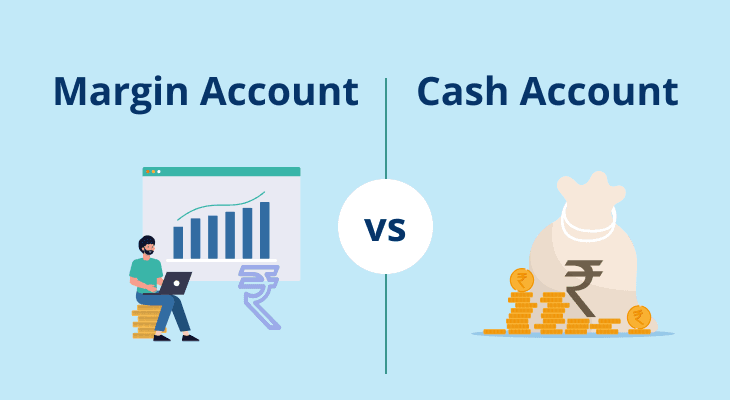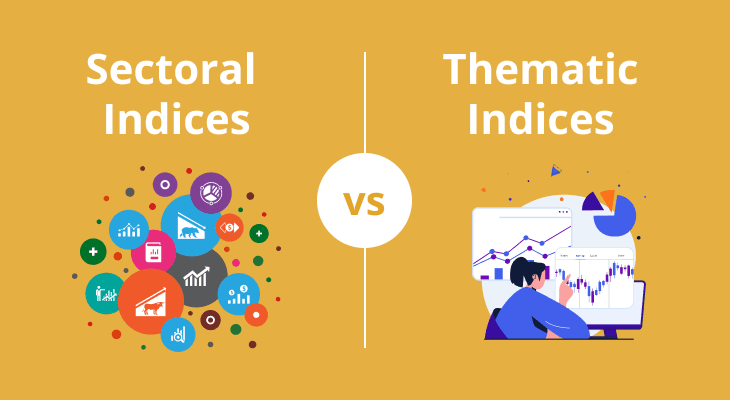Learn all about Demat Account
Importance of Keeping A Track of Your Dormant Demat Account
13 January 2026 | 9 mins read
Managing your financial portfolio involves more than selecting the right stocks, bonds, or mutual funds. It also requires you to keep a close watch on the foundation of your investment journey, your demat account. This account is where all your securities are stored in electronic form, making it the backbone of your trading and investment activities. In India, millions of new demat accounts are opened every year as investors enter the stock market. However, a surprisingly large number of these accounts gradually fall into inactivity and are eventually classified as dormant. At first glance, a dormant demat account may appear harmless, since your shares remain safe. But in reality, leaving it unattended can result in missed opportunities, financial penalties, or even complications in claiming your holdings later.

How to Open a Demat Account for People with Disabilities
13 January 2026 | 8 mins read
Opening a demat account has become an essential requirement for anyone in India who wants to buy, hold, or sell securities in electronic form. This facility has made investing simpler, safer, and more transparent. For persons with disabilities, there are usually some additional steps, documentation, and clarifications required. With proper awareness of the rules laid down by the Securities and Exchange Board of India (SEBI) and depositories such as NSDL and CDSL, the process can be smooth and inclusive.

Demat Account Reconciliation: Secure & Track Your Holdings
27 November 2025 | 5 mins read
In simple terms, it is the process of matching your recorded transactions, holdings, corporate actions, dividends, and charges against the official statements issued by your Depository Participant (DP). This verification helps you identify discrepancies, catch errors early, and prevent fraud.

Difference Between Sectoral and Thematic Indices
19 November 2025 | 8 mins read
Most people start their investment journey with broad market indices like Nifty 50 or Sensex. As you advance, you may want targeted exposure to specific parts of the market. That is where sectoral indices and thematic indices come in.

What Is A Consolidated Account Statement (CAS) of Demat Account?
12 November 2025 | 7 mins read
For retail investors, managing investments can become rather complex when your holdings cover a variety of instruments such as stocks, mutual funds, bonds, and government securities. This is where a Consolidated Account Statement (CAS) comes in.

Demat Debit and Pledge Instruction (DDPI): Meaning, Process & Benefits
12 November 2025 | 6 mins read
For years, Power of Attorney (PoA) was the standard document investors signed to give the broker authority to debit shares from their Demat account and execute trades on their behalf. While convenient, PoA raised several concerns around misuse and lack of transparency. There were instances where some brokers misused PoAs, leading to regulatory concerns and investor mistrust.

How to use a m.Stock Demat Account for Algo Trading using Cirrus.trade
30 October 2025 | 4 mins read
Cirrus is completely free to use with your m.Stock demat account. Cirrus.trade is a trading platform where you can: Trade manually or run your, algo strategies. Invest & trade across your family accounts from the single window. Utilise advanced Risk management tools to enhance discipline in your trading.

Nominee vs Joint Holder in Demat Account: Key Differences Explained
27 October 2025 | 6 mins read
When you open a Demat account online, you face an important decision: should you add a nominee or register a joint holder? While both aim to safeguard your investments, they work very differently. A joint holder shares operational rights during your lifetime, while a nominee only comes into play after all account holders pass away.

Things To Know About A CDSL Demat Account
10 October 2025 | 8 mins read
In an era where speed and security are necessary for financial success, a demat account is crucial for anyone trading in India’s stock markets. A CDSL demat account not only safeguards your securities in digital form but also grants you seamless, anytime access to your holdings.

How to Open a Demat Account for Partnership Firms?
10 October 2025 | 8 mins read
Opening a demat account for your partnership firm is important to manage securities in an efficient manner. Rather than handling paper share certificates which can be lost, damaged or misplaced, you can secure all equity, debt and fund holdings electronically.

Difference Between HUF and Individual Demat Accounts
26 September 2025 | 8 mins read
Selecting the appropriate Demat account structure is a critical decision for investors, as it influences not only how assets are held and traded but also how tax liabilities are managed and wealth is preserved across generations.

What is a Demat Account?
26 September 2025 | 7 mins read
A Demat account – short for dematerialised account, has become crucial for anyone seeking to participate in the equity market. Much like a bank savings account holds your cash securely, a Demat account stores shares and securities in electronic form.

Why Should One Have A Demat Account?
22 September 2025 | 6 mins read
In India’s growing digital economy, investing has become simpler and more efficient. One of the key reasons for this transformation is the Demat account, a digital repository for your investments in stocks, mutual funds, government bonds, ETFs, and more.

How to Open a Demat Account for Trust: A Simple Guide
22 September 2025 | 8 mins read
Opening a demat account is a mandatory requirement for holding and transacting securities in electronic form. If you oversee a charitable, religious or private trust in India, having a dematerialised (demat) account simplifies the management of equities, bonds and other financial instruments owned by the trust.

Can a Demat Account Be Opened Without a Trading Account?
18 July 2025 | 5 mins read
Demat and trading accounts are two of the most common terms new investors encounter when entering the financial markets. It is a common misconception that these accounts always coexist. However, opening a Demat account does not require a trading account. Knowing when and why you might decide to do this can help you make informed financial and investment decisions.
